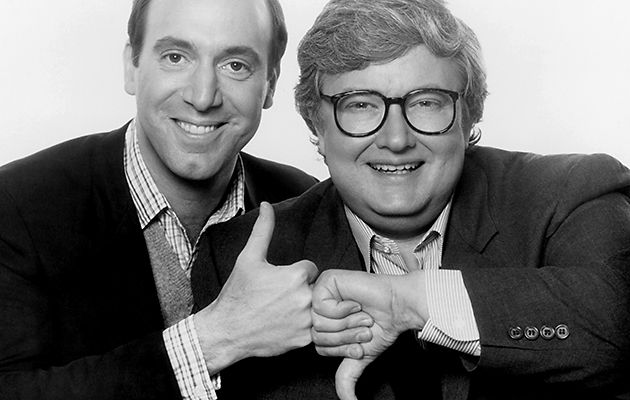In Defense of Film Criticism
Published at
Professional film critics are having a hard time of it. Their jobs are becoming more and more insecure. Meanwhile, fans seem determined to voice displeasure with critics’ opinions, no matter what they may be. Critics trashed “Batman v Superman” and the fans had a tizzy. Critics praised “Ghostbusters” and the fans had a tizzy. There was no way to win.
Worse still, is the fact that in this age of electronic connectivity, critics have angry fanboys bagging on them for speaking their minds on the subjects of movies. Critics on the whole have been accused of being lazy, biased and on the payrolls of Hollywood studios. Talk about some tinfoil-hat-conspiracy-theory-level thinking.
I’m relatively new to the film criticism game, but it occurs to me that there are quite a few factors feeding into this phenomenon. First of all, we live in the Age of Unnecessary Butt-hurt. People lose their minds over the most unimportant things. So many folks seem to treasure their opinions and if they run across someone who disagrees, no matter how respectfully, it’s like they insulted their mother. To be honest, I’ve come to the conclusion that we live in an age where people actually look for something to be offended about. It’s like breathing for them.
Another factor is that film criticism has lost its way. In the early days, film criticism was less about whether a movie was good or not. It was about the philosophies and ideas behind movies. Critics dug into the psychological underpinnings at play in works of cinema.

Nowadays, it’s different. Film criticism is more about whether the critic liked the movie or not, with little emphasis on what might be lurking under the surface. Instead, reviews are full of click-baity one-liners and opinions of what the reviewer liked and what they didn’t like without getting too deep. That’s what attracts eyeballs, and I’m as guilty as any other critic.
While I don’t necessarily think they started this approach to criticism, I do think that Siskle and Ebert were an accelerant that drove us in this direction. While they discussed films in depth on their popular TV review show, they also assigned movies a “thumbs-up” or “thumbs-down” rating. Over time, it seems that the thumbs are the element that abides and the rating is the sole important feature a movie review can provide.
I wish that movie criticism could go back to the old days, where critics could discuss movies and their meanings in depth. I wish critics could once again point us movie fans in the direction of lesser-known, but very awesome little movies that don’t get the exposure the big studio blockbusters get. But those days are gone. Still, I think critics can still serve a purpose, as long as movie fans are willing to do a couple simple things.
First, find critics whose opinions and taste in film line up with your own. There’s no use getting upset at a critic whose tastes tend toward Scandinavian psychodramas when they don’t like the latest DC Comics or Marvel movie. Critics are biased inasmuch as they enjoy the kinds of movies they enjoy, and they may not enjoy your favorite genres and movies. But there are critics out there, especially on Youtube, that will share your taste. Find someone you see close to eye to eye with, and don’t worry what anyone else has to say.
Secondly, realize that, in the grand scheme of things, everybody’s opinions are ultimately meaningless. That means there’s no reason to get upset if someone disagrees with you. Ultimately, your opinions hold the same amount of water, so just like what you like.
Critics can do their part, too. We can put more thought into the hows and whys of movies. We can look harder for redeeming qualities in movies we don’t like, instead of just bashing them mercilessly (although bashing movies mercilessly is FUN.) And we can realize that whether we love movies or hate them, there are always people out there that love them.
I hope that somehow movie fans and film critics can come to an understanding, because I do feel that critics can still serve a purpose. With some thoughtfulness and understanding, I’m sure a peaceful coexistence is possible.



